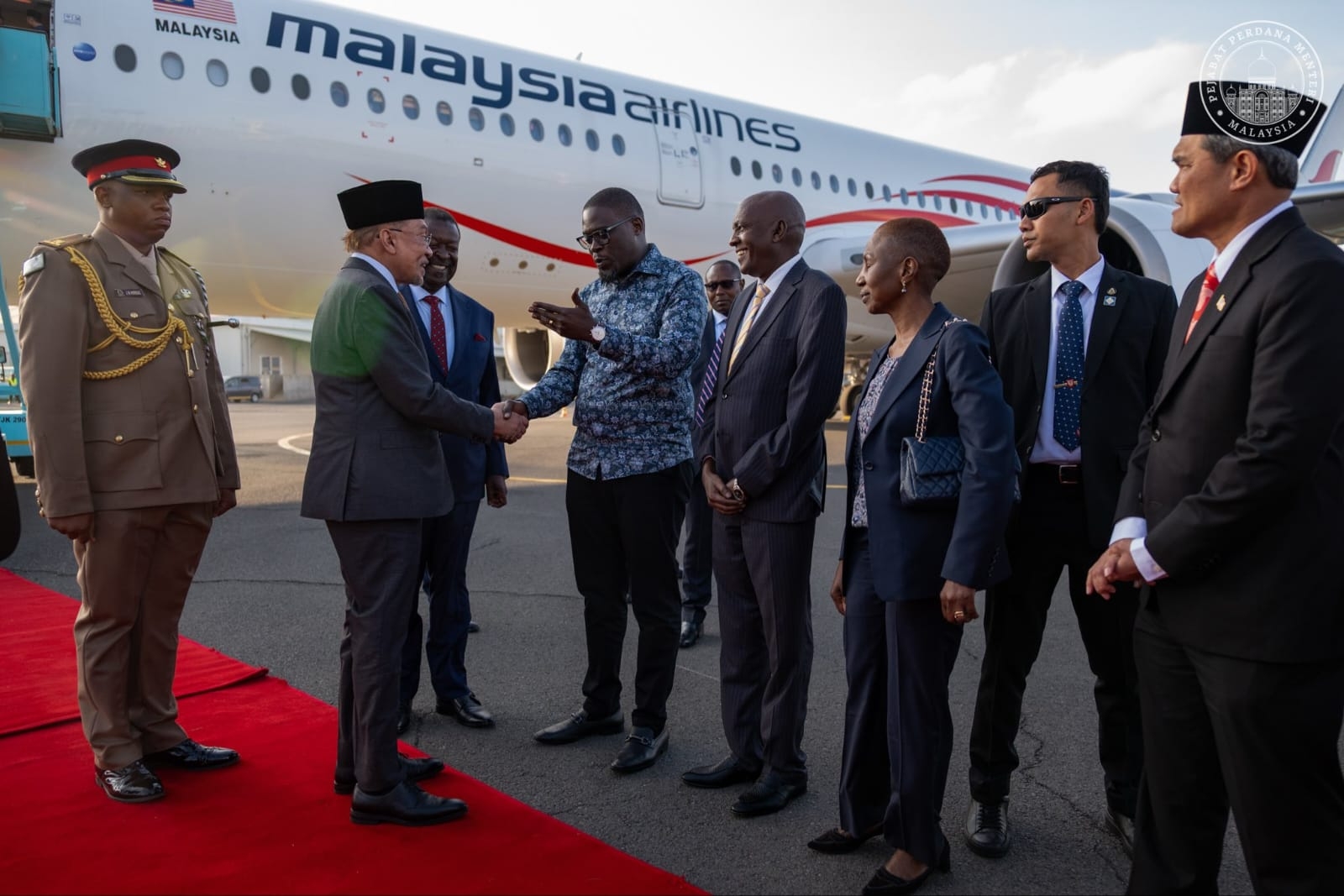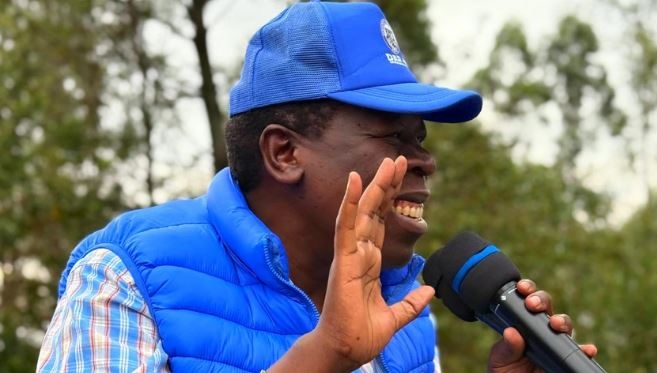Health facilities will now be rewarded with financing depending on the number of adolescent girls they offer reproductive health services including HIV testing.
Their staff will receive cash rewards if the girls say they were satisfied with the services.
The Sh800 million($7million) programme will be piloted in Nairobi, Mombasa, Kisumu, Migori, Homabay, Kisii, Nyamira, Bungoma, Busia and Kakamega, which have a high HIV burden for the next three years.
Public facilities which receive high ratings will unlock financial rewards which will partly go towards facility improvements and health care providers, as incentives.
Private facilities and pharmacies will be reimbursed for the services they provide with the incentive being more clients for better ratings.
The programme is a joint initiative of the United Nations team in Kenya comprising of the UN Resident Coordinator’s Office, SDG Partnership Platform, UNFPA, WHO, and UNAIDS, in partnership with Triggerise, a based in Amsterdam.
The money is provided by the UN Joint SDG Fund, the Adolescent Sexual Reproductive Health Development Impact Bond.
The health facilities involved will be expected to provide quality adolescent and youth-friendly sexual and reproductive health services, including HIV testing and treatment, to adolescent girls aged between 15-19 years in low-income settings.
“The project will be rolled out in partnership with the Children’s Investment Fund Foundation, Triggerise, KOIS, the Ministry of Health, Council of Governors, and participating counties,” UNFPA said in a statement.
In Kenya, 42 per cent of new adult HIV infections occur among young people between the ages of 15 - 24.
One in five adolescent girls is either pregnant or already has a child, with an estimated 330,000 girls becoming pregnant each year, UNFPA said.
The new programme will support the scale-up of Triggerise’s “In Their Hands” programme.
This is a digital platform with real-time data capabilities that links adolescents to health services in pharmacies, public and private facilities, and provides them with an opportunity to rate the services received.
“This project will foster collaboration among stakeholders across the spectrum including the government, donor agencies, and the private sector and unlock additional external resources and financing that are critical to improving adolescent health outcomes and the attainment of the sustainable development goals,” UN Resident Coordinator in Kenya, Stephen Jackson said.
“This results-based financing mechanism ensures that quality is ingrained or institutionalized in service delivery,” UNFPA said.
Through the Development Impact Bond, social investors will be invited to pre-finance the programme for a return of up to 10.7 per cent interest.
Upon independent verification of the results by an evaluator, the social investors will then be reimbursed for their investment with a return, by the outcome funders who are donors interested in social impact.
“Our goal is to mobilise over US$13 million additional funding from outcome funders and social investors to reach over 500,000 vulnerable adolescent girls with SRH and HIV services and contribute to the overall improvement of over 300 primary health facilities in over 10 high burden counties in Kenya,” UNFPA Kenya Representative Anders Thomsen said.
Edited by Kiilu Damaris
“WATCH: The latest videos from the Star”















